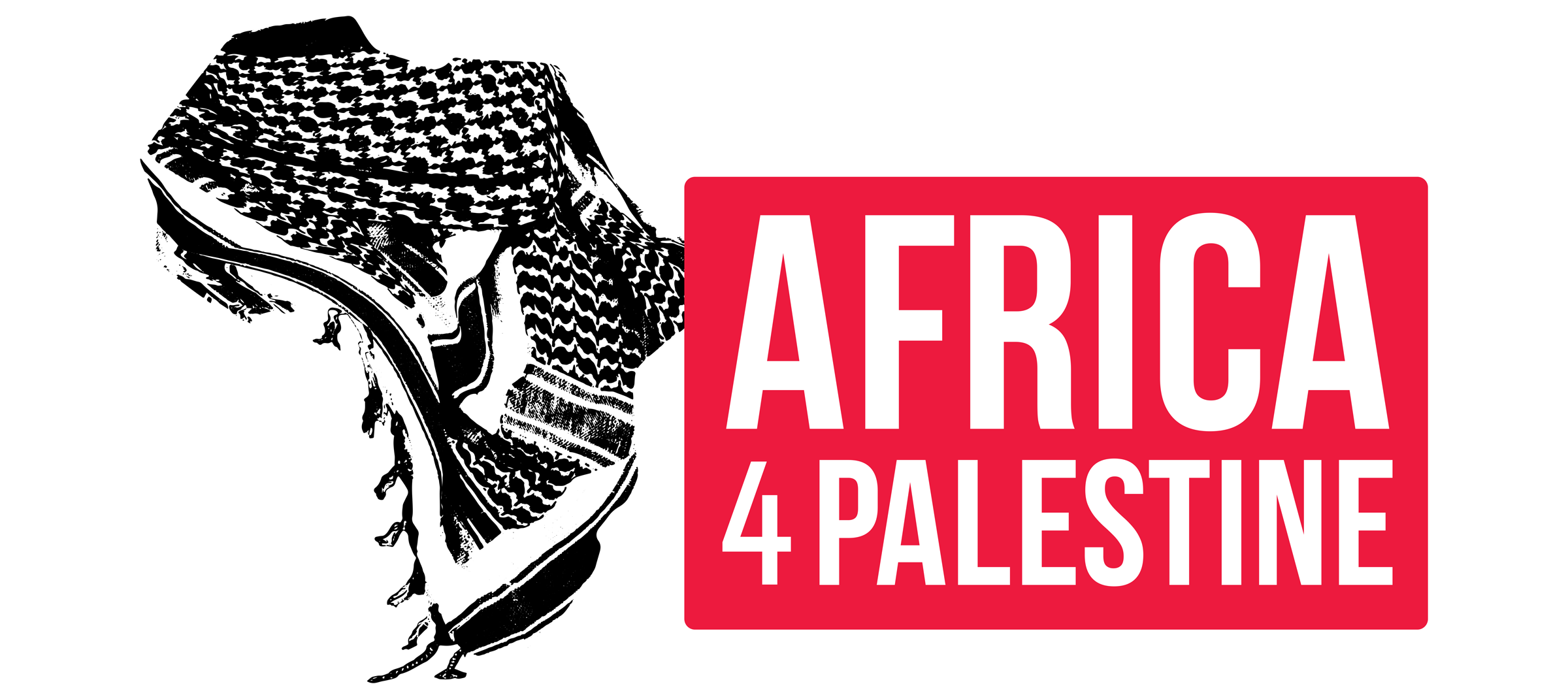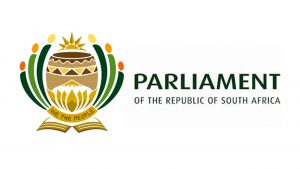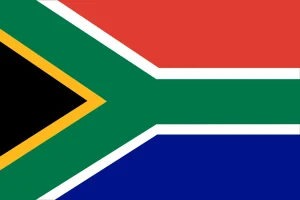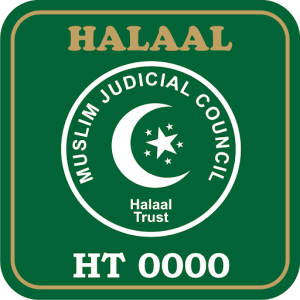Good evening ladies and gentlemen, I greet you on behalf of the leadership of the ANCYL in the Western Cape. It is indeed an honour for the Youth League to engage and build relations with progressive lawyers such as yourselves.
In my input tonight, being a young person, I would like to move beyond words and into action. There are many tragedies that the Israeli regime is currently enacting against the Palestinians which have a legal dimension. However, I’m going to just briefly discuss the most recent UN report which was published last week on Israel’s 2014 attacks on the Palestinian Gaza Strip. Thereafter, I’m going to speak on action that can be taken to hold Israel accountable by ordinary people around the world and lawyers in particular. Finally, I’m going to provide some very specific ideas for this gathering to consider.
The United Nations Human Rights Council report which was released last Monday covering last year’s Israeli attacks on the Palestinian Gaza Strip was devastating. Over 2000 Palestinians and 550 Palestinian children were killed according to the report. The chair of the UN investigation commission, Justice Mary McGowan Davisto said that: “The extent of the devastation and human suffering in [the Palestinian] Gaza was unprecedented and will impact generations to come”.
The 183-page UN report details how in total over 2251 Palestinians were killed, including 551 children. More than 11000 Palestinians, including 3436 children, were injured with almost 10 percent suffering permanent disabilities. Another report, produced by Action on Armed Violence, an organisation that tracks the global impact of explosive weapons on civilians reports that Israel killed and injured more civilians with explosive weapons than any other state in the world in 2014 due to its military assault on Gaza. 2014 according to Action on Armed Violence indicates that Gaza accounted for the third highest number of civilian casualties from explosive violence globally exceeding civilian death and injury in Nigeria, Pakistan, Afghanistan and Ukraine. As a result of Israel’s “Operation protective Edge” Gaza was the third most dangerous place in the world to be a civilian in 2014.
However, the Israeli oppression of the Palestinian people is beyond just numbers. It’s more than just mourning for the dead Palestinian child – no matter how haunting and tragic that may be. There are crimes that Israel is committing and crimes that it must be held accountable for. One way of holding Israel accountable it through our courts, another is through boycotts and a third, is through a potent combination of the two.
The Palestine solidarity movement today, primarily through the BDS campaign, is heavily influenced by and entrenched in international law. The BDS call, made by Palestinians in 2005, urges various forms of boycott against Israel until it meets its obligations under international law by including 1) Ending its occupation and colonisation of all Arab lands occupied in June 1967 and dismantling the Wall; 2) Recognizing the fundamental rights of the Arab-Palestinian citizens of Israel to full equality; and 3)Respecting, protecting and promoting the rights of Palestinian refugees to return to their homes and properties as stipulated in UN Resolution 194.
So, the BDS boycott against Israel is not an emotive response to Israel’s oppression of the Palestinian people. The boycott is not a malicious response. Its a response to international law itself – holding parties accountable to international law making it all the more important for lawyers and legal experts to play a bigger role in this issue.
The ANC, during the attacks on Gaza last year came out strongly condemning the actions of Israel saying: “The African National Congress (ANC), condemns in the strongest terms, the barbaric attacks on the defenceless Palestinian people of Gaza”. The ANCYL also mobilised its members across the country at various BDS and #GazaUnderAttack protests.
While there is political action, while there is a boycott campaign galvanising consumer support, while there is an increasing cultural boycott, there remains a space that lawyers and legal experts need to fill. Firstly, to expose the human rights abuses and violations of international law by the Israeli regime, then to act to hold Israel accountable.
For example, seminars can be arranged to discuss the UN report that was released last month. Symposiums can be organised to expand on the Human Sciences Research Council Report from 2009 that made the case that Israel is guilty of Apartheid. Lawyers can come together to find ways of holding South Africans who serve in the Israeli defence forces accountable for their violations of serving in foreign militaries – something that violates our own local legislations.
Finally, its highly irritating that the Israeli regime tries to paint this issue as a religious issue when in fact it’s a human rights and legal issue – Israel is in violation of international law. Lawyers and legal experts, who get as irritated as I, can assist in the correcting of the misconception that this is a religious issue by expanding on the legal aspect.
The crimes against the Palestinian need our collective response. Just as how the crimes against us Black people under Apartheid needed a collective response from the international community. Thousands of peace and justice loving peoples of the world mobilised in support of the anti-apartheid struggle. Some organised concerts, others joined protests, communities boycotted products and, importantly, lawyers and those from the legal fraternity worked with Oliver Tambo, Kader Asmal, Abdul Minty and various other leaders to hold South Africa accountable for its violations of international law. Even if Apartheid leaders weren’t dragged in front of international courts, the legal work created the necessary ground for the civil and political work. It also shaped international law itself.
That same vigour is now needed more than ever before, particularly given the Israeli government’s recent announcement of using “lawfare” against the non-violent international Palestinian s solidarity movement and BDS campaign. This is where NADEL can make a difference.
I thank you!





